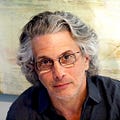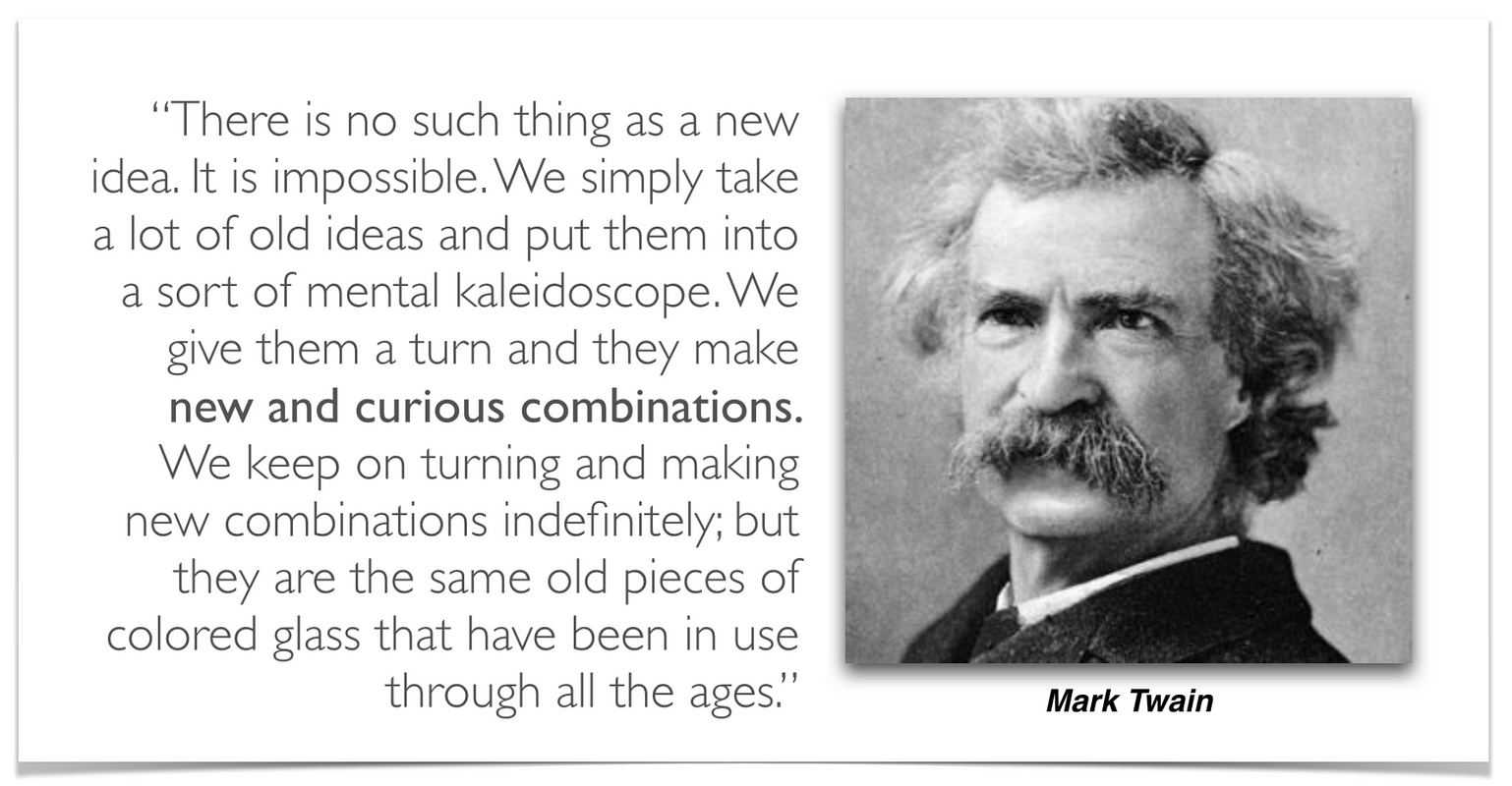I’M VERY MUCH OF THE VIEW THAT WE COULD DO A GREAT DEAL MORE TO FOSTER CREATIVITY—AND A WHILE LOT LESS TO KILL IT
THE FOLLOWING PIECE PUTS THE SITUATION WELL

edwardboches
https://medium.com/@edwardboches
Professor of Advertising, Creative Director, Writer, Hacker, Advisor to Brands, Ad Agencies and The Next Generation. Boston University, Mullen and Beyond.

“Do you think you are creative?”
Surprisingly when I ask that question of students in my introductory creative class only about half the class raises their hands. They’re often taking Fundamentals of Creative Development because it’s required for all advertising majors, not just those interested in becoming a writer, art director, or designer.
If I have one goal it’s to convince everyone in the class that he or she is creative. We’re all creative. Everyone is creative.
Sadly, most of our public schools, in their misguided efforts to prepare students for standardized test taking, destroy kids’ natural creativity. Studies have even shown that creativity drops precipitously as early as first grade when you’re told that a house has four sides, a door in the middle and a triangular roof, contradicting that amazing half bird house, half ant hill you’d been drawing. Conformity is not a friend of creativity.
There’s also some confusion about what it means to be creative. So it might help to distinguish between being artistic and being creative. Not everyone is artistic. That requires both imagination and the skill to draw, paint, sculpt, or compose music. Creativity simply asks that we use our imagination to solve problems. You don’t have to draw to do that.
You do have to look at the world around you in new ways, find hidden patterns, and connect seemingly unrelated phenomena to generate solutions.
It’s a process that can be learned, practiced and mastered, as James Webb Young explained in his 1940 classic, A Technique for Producing Ideas. I suggest you read it. Or perhaps Neil Pavitt’s How to Be Creative, a variation on the same topic. Both adhere to Mark Twain’s claim that there is no such thing as an original idea, just new combinations of old ideas. The trick is simply to have a drawer full of thoughts, images, facts and experiences out of which you can try combinations.
A core problem is that socialization is equated with conformity—and conformity to the social norms makes children much easier to manage.
In short, we adults stunt our children’s creativity for our own convenience (a rather appalling thought which also happens to be the reality).
Strangely enough, though my mother was both physically and verbally abusive to excess—and my childhood was decidedly difficult and brutal by any standards, my innate creativity was very far from crushed.
Why not?
- I am genetically intellectually curious so have always been reluctant to accept virtually anything at face value.
- I came to the conclusion, at a very early age, that a great deal of what I was told wasn’t true.
- I wasn’t too impressed with the job society was making of life and soon decided that there had to be a better way to conduct the business of living. I was doubtless influenced in that regard by being a WW II baby and growing up observing what a mess those adults—who professed to know everything—had made of the world.
- Despite being educated to be a lady by a series of French governesses—against who she had rebelled with near total success (though she learned to speak French with some fluency) my mother had never been socialized so had absolutely no idea how to socialize me.
- Both she and my step-father were extraordinarily creative and created an atmosphere which was nothing if not stimulating—and peopled with the most extraordinary characters.
- Once I discovered reading I was able to escape from the rigid socialization that boarding school endeavored to enforce. My body was confined by boarding school—which I hated—from the age of five, but my mind roamed the world to find adventure.
It still does.

No comments:
Post a Comment